
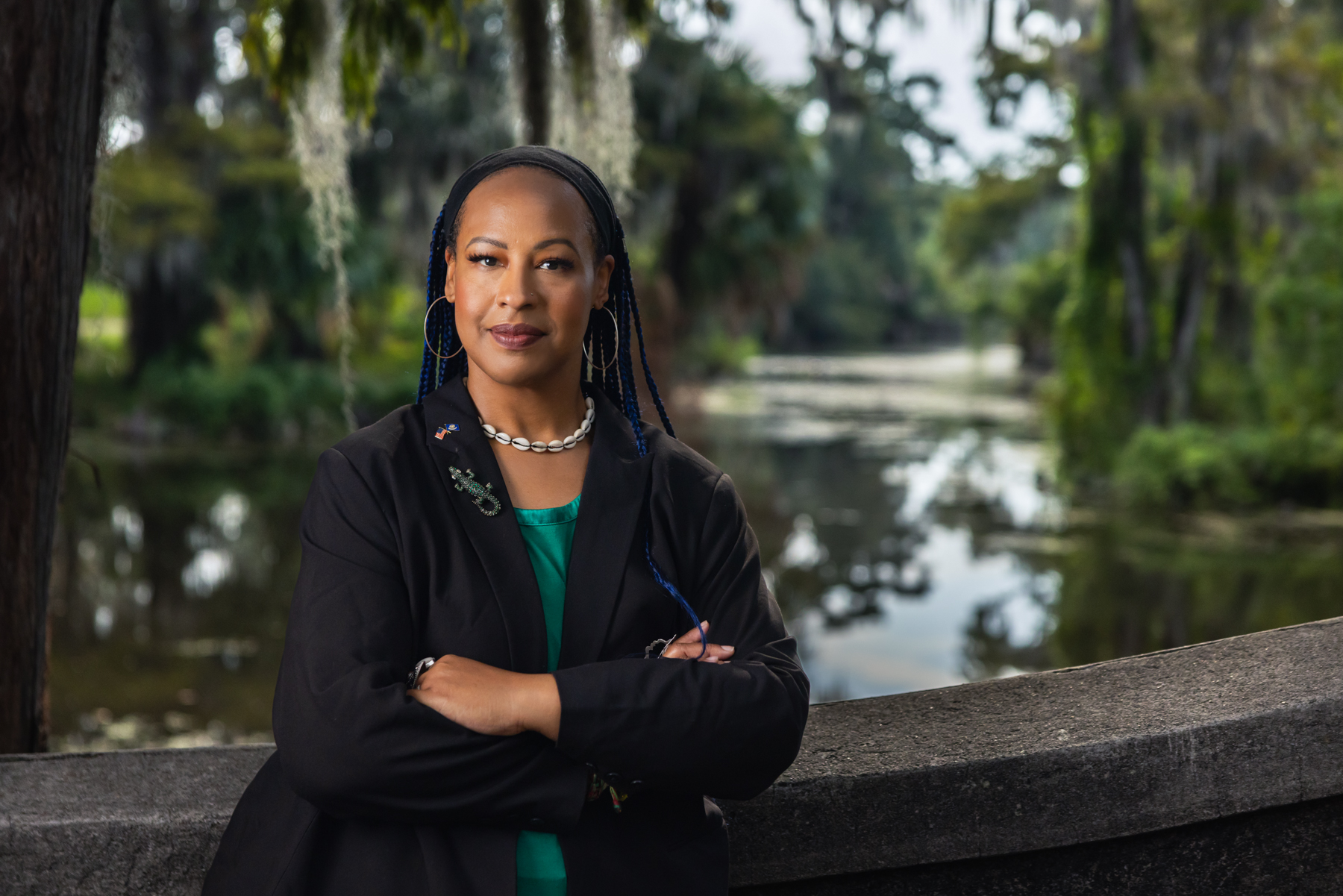.jpg)
Photo: Joshua Franzos
Colette Pichon Battle
Environment
28th Heinz Awards - 2023
Climate justice organizer and human rights lawyer Colette Pichon Battle receives the Heinz Award for the Environment for her work as co-founder and vision & initiatives partner of the nonprofit Taproot Earth and for her leadership as founder and former executive director of the Gulf Coast Center for Law & Policy (GCCLP).
Ms. Pichon Battle founded GCCLP in the aftermath of Hurricane Katrina, during which Black and Indigenous communities in Alabama, Mississippi and Louisiana were largely left out of the federal recovery system. Long-term displacement of low-income residents impacted services and support, and exclusionary rebuilding and planning processes during this time affirmed the entrenchment of historic discrimination. Recognizing that achieving justice in the fight for equity in climate disaster recovery would require linking legal power with people power, GCCLP provided relief and legal assistance to survivors across the region, and human rights violations that occurred post-Katrina became actionable items for movement building.
In 2022, Ms. Pichon Battle transitioned GCCLP’s work to fuel Taproot Earth, create connections and power across issues, and expand its work to Appalachia, countries in the African diaspora and geographies across the globe.
At Taproot Earth, she works with thousands of leaders and organizations to ensure an understanding of the economic and environmental roots of injustice, with the aim of aligning their priorities and catalyze their leadership. Through this work, she is advancing ecological equity in communities that lack the resources to combat environmental degradation, receive inadequate support in preparing for and recovering from natural disasters, and are at high risk due to increasing ocean temperatures, intensity of hurricanes and sea level rise.
In doing so, she is igniting a climate justice movement, one that is solidifying an increasingly broader community of organizations and advocates, bringing the needs of affected geographic regions into national and international conversations, and providing a model for harnessing will toward climate equity and a cleaner economy.
Note: This profile was written at the time of the awards’ presentation.
Links
Videos
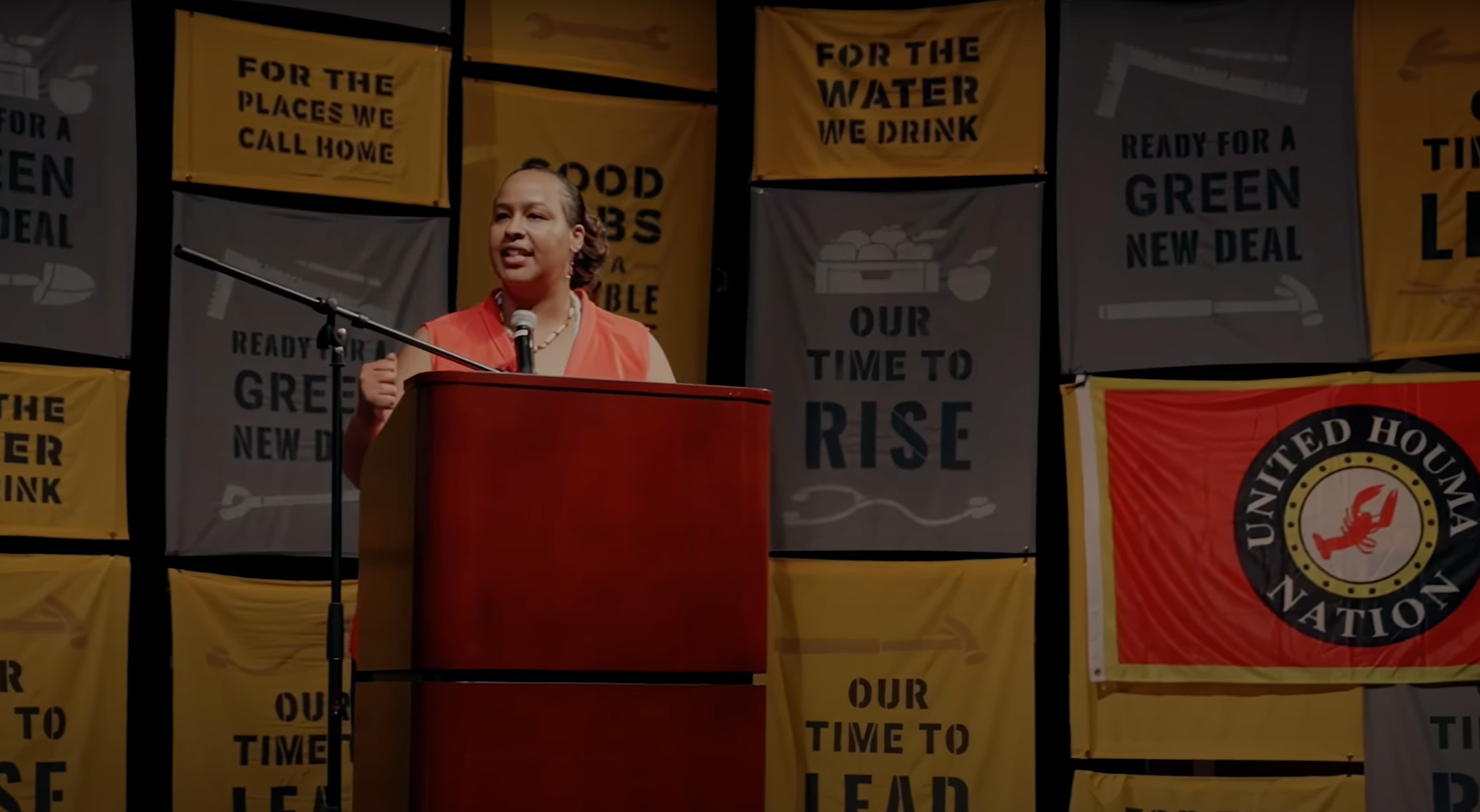
Colette Pichon Battle, advancing ecological equity in frontline communities – Heinz Awardee
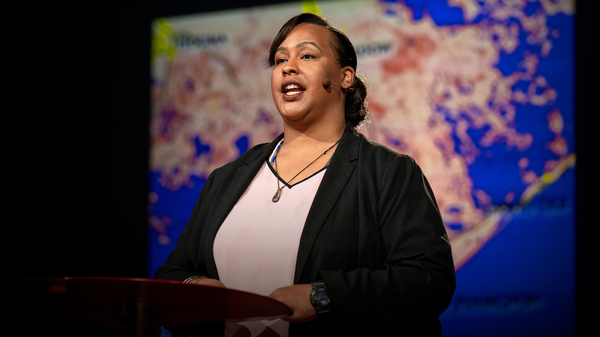
Climate change will displace millions. Here's how we prepare | Colette Pichon Battle
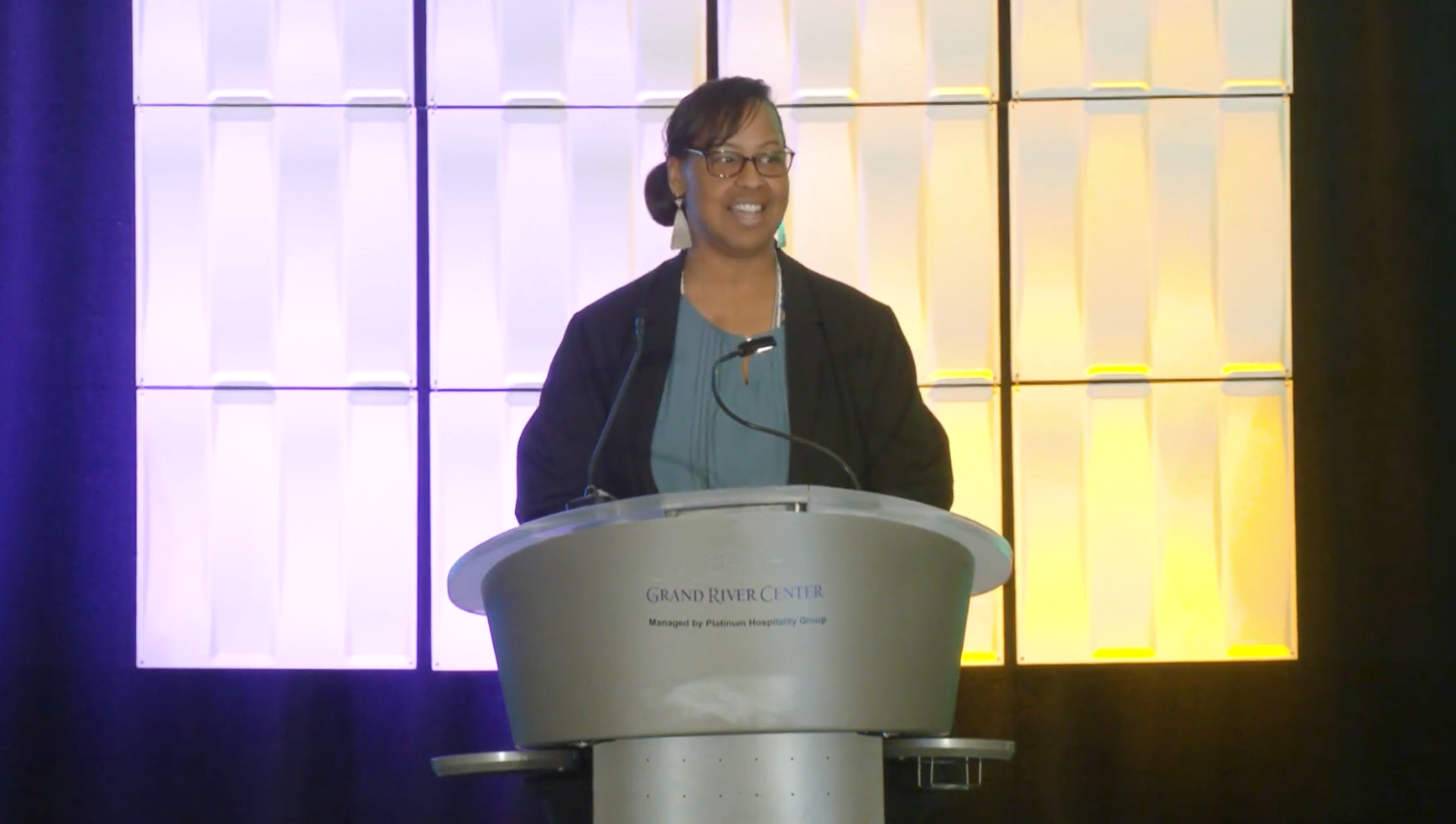

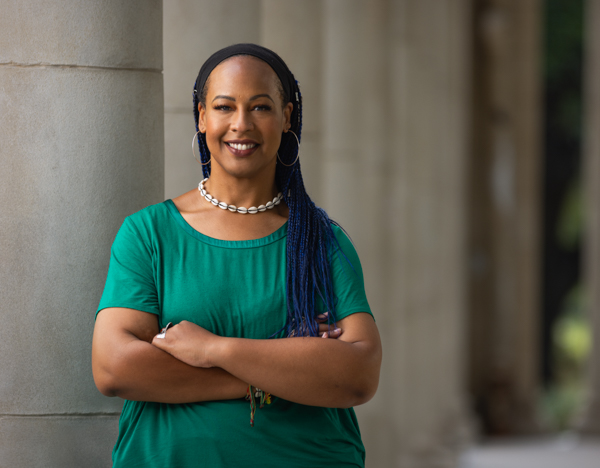.jpg)